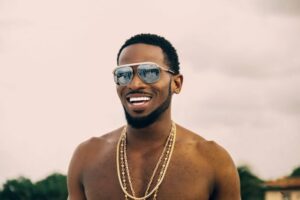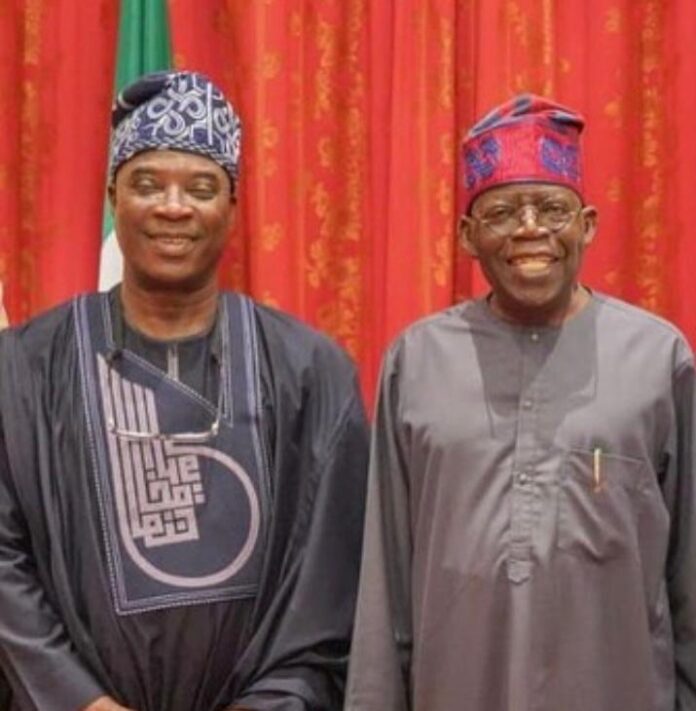Amid the dynamic arena of Nigerian politics, where every vote holds immense power, the allure of celebrity endorsements has become a potent force. With their significant influence and massive followings, celebrities possess the unique ability to sway public opinion and reshape political narratives.
This phenomenon raises crucial questions about the manipulation tactics employed and the true impact on voter perceptions. As Nigeria’s political sphere becomes increasingly intertwined with celebrity culture, understanding this dynamic is essential for grasping the future of its democratic processes.
Politicians often leverage the star power of actors, musicians, and social media influencers to connect with a broad and diverse audience, particularly the youth. This strategic partnership can be observed through various campaigns and endorsements.

One notable example is the involvement of musicians like D’banj and Davido in political campaigns. During the 2015 presidential elections, D’banj endorsed the then-incumbent President Goodluck Jonathan, appearing in campaign ads and performing at rallies.
This move was aimed at leveraging his fan base to bolster support for Jonathan among young voters. Similarly, in the 2019 elections, Davido publicly supported his uncle, Senator Ademola Adeleke, during the Osun State gubernatorial race. Davido’s active participation in rallies and social media campaigns played a significant role in energizing the youth vote.
The influence of Nollywood actors is also notable. Figures like Desmond Elliot and Richard Mofe-Damijo (RMD), who transitioned from entertainment to politics, use their celebrity status to gain credibility and trust among voters. Desmond Elliot’s successful election as a Lagos State House of Assembly member is an evidence of the power of celebrity endorsements in gaining electoral support.
These endorsements are not without their controversies and criticisms. Additionally, there is a concern that the glamorization of politics through celebrity endorsements could overshadow substantive policy discussions and lead to a superficial understanding of political issues among the electorate.
Despite these concerns, the trend of using celebrities to influence public opinion in Nigerian politics shows no signs of waning. As political campaigns become more sophisticated, the symbiotic relationship between celebrities and politicians will likely continue to shape the political landscape, making it imperative for voters to critically evaluate the motives and implications behind such endorsements.

To mitigate the potential pitfalls of celebrity endorsements in Nigerian politics, a robust solution involves promoting political literacy among the electorate. Educating voters on critical evaluation of candidates’ policies and integrity, beyond star power, is essential. By fostering an informed electorate, Nigeria can ensure that celebrity influence enhances democratic engagement rather than undermines it.
In conclusion, while celebrity endorsements remain a powerful tool in Nigerian politics, their true value lies in their ability to draw attention to political discourse. When combined with a well-informed public, this influence can positively shape the nation’s democratic future, ensuring that popularity is matched with genuine political acumen and accountability.




